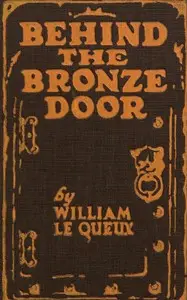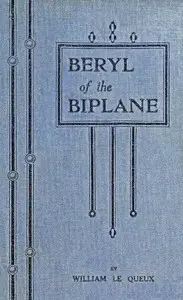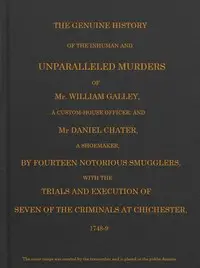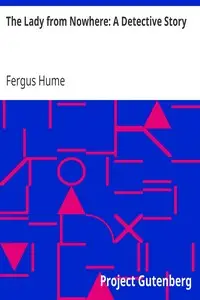"The Stolen Statesman: Being the Story of a Hushed Up Mystery" by William Le Queux is an early 1900s mystery where a prominent British politician named Reginald Monkton faces both personal hardship and career struggles, especially during the anniversary of his wife's passing. As his daughter's budding love life and puzzling disappearances surface, a tangle of secrets and hidden plots emerges, signaling a grander scheme at play. The novel starts as Monkton thinks about his life in the public eye while struggling with the pain of loss. Despite his success, he feels lost and misses simpler times. Later, while eating with his daughter Sheila and her friend Austin Wingate at the Carlton Hotel, things take a turn when a strange man, who looks like Monkton, is discovered passed out, hinting at a strange link to Monkton's past. This mystery begins a thrilling tale full of political games, personal suffering, and a hunt for the truth among all the suspense.

The Stolen Statesman: Being the Story of a Hushed Up Mystery
By William Le Queux
A grieving politician's world crumbles as a doppelganger appears, plunging him into a vortex of political conspiracy and family secrets.
Summary
About the AuthorWilliam Tufnell Le Queux was an Anglo-French journalist and writer. He was also a diplomat, a traveller, a flying buff who officiated at the first British air meeting at Doncaster in 1909, and a wireless pioneer who broadcast music from his own station long before radio was generally available; his claims regarding his own abilities and exploits, however, were usually exaggerated. His best-known works are the anti-French and anti-Russian invasion fantasy The Great War in England in 1897 (1894) and the anti-German invasion fantasy The Invasion of 1910 (1906), the latter becoming a bestseller.
William Tufnell Le Queux was an Anglo-French journalist and writer. He was also a diplomat, a traveller, a flying buff who officiated at the first British air meeting at Doncaster in 1909, and a wireless pioneer who broadcast music from his own station long before radio was generally available; his claims regarding his own abilities and exploits, however, were usually exaggerated. His best-known works are the anti-French and anti-Russian invasion fantasy The Great War in England in 1897 (1894) and the anti-German invasion fantasy The Invasion of 1910 (1906), the latter becoming a bestseller.



















